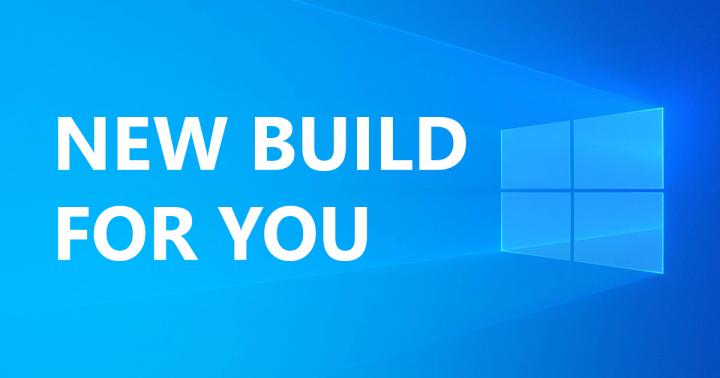Microsoft has released Windows 10 Build 19044.1806 to the release preview channel.
Releasing Windows 10 Build 19044.1806 to Release Preview Channel
Hello Windows Insiders, we have released Windows 10 21H2 Build 19044.1806 (KB5014666) to the Release Preview Channel for those Insiders who are on Windows 10.This update includes the following improvements:
- New! We added IP address auditing for incoming Windows Remote Management (WinRM) connections in security event 4262 and WinRM event 91. This We fixed an issue that fails to log the source IP address and machine name for a remote PowerShell connection.
- New! We added Server Message Block (SMB) redirector (RDR) specific public File System Control (FSCTL) code FSCTL_LMR_QUERY_INFO.
- New! We introduced the following Print and Scan features:
- IPP over USB support – Microsoft has supported Internet Print Protocol (IPP) for network printers starting in 2018 with the release of Windows 10, version 1809. We are now expanding IPP support to USB printers.
- Print support app (PSA) APIs – Using the PSA framework, printer manufacturers can extend printer functionalities and user experience. For more information, see Print support app design guide.
- PIN-protected printing for IPP and Universal Print – Standard print dialogs now include a user interface to enter a PIN code.
- eSCL Mopria Scan protocol – Windows now supports the eSCL Mopria Scan protocol. It can be used with Mopria certified scanner devices.
- We fixed an issue that affects the Cloud Clipboard service and prevents syncing between machines after a period of inactivity.
- We fixed an issue that prevents the Pashto language from appearing in the language list.
- We enabled the InternetExplorerModeEnableSavePageAs Group Policy. For more information, see Microsoft Edge Browser Policy Documentation.
- We fixed an issue that affects the touchpad area that responds to a right-click (the right-click zone). For more information, see Right-click zone.
- We fixed an issue that affects some certificates chains to Root Certification Authorities that are members of the Microsoft Root Certification Program. For these certificates, the certificate chain status can be, “This certificate was revoked by its certification authority”.
- We fixed an issue that leads to a false negative when you run scripts while Windows Defender Application Control (WDAC) is turned on. This might generate AppLocker events 8029, 8028, or 8037 to appear in the log when they should not.
- We fixed an issue that prevents the use of Encrypted File System (EFS) files over a Web-based Distributed Authoring and Versioning (WebDAV) connection.
- We fixed an issue that causes a domain controller to incorrectly write Key Distribution Center (KDC) event 21 in the System event log. This occurs when the KDC successfully processes a Kerberos Public Key Cryptography for Initial Authentication (PKINIT) authentication request with a self-signed certificate for key trust scenarios (Windows Hello for Business and Device Authentication).
- We fixed an issue that causes the LocalUsersAndGroups configuration service provider (CSP) policy to fail when you modify the built-in Administrators group. This issue occurs if the local Administrator account isn’t specified in the membership list when you perform a replace operation.
- We fixed an issue in which malformed XML inputs might cause an error in DeviceEnroller.exe. This prevents CSPs from being delivered to the device until you restart the device or correct the XML.
- We fixed an issue that causes Microsoft NTLM authentication using an external trust to fail. This issue occurs when a domain controller that contains the January 11, 2022 or later Windows update services the authentication request, is not in a root domain, and does not hold the Global Catalog role. The affected operations might log the following errors:
- The security database has not been started.
- The domain was in the wrong state to perform the security operation.
- 0xc00000dd (STATUS_INVALID_DOMAIN_STATE).
To check and see which version of Windows 10 you’re running, just type “winver” into the Windows search box on the taskbar. It should show as “Version 21H2”.
Releasing Windows 10 Build 19044.1806 to Release Preview Channel

